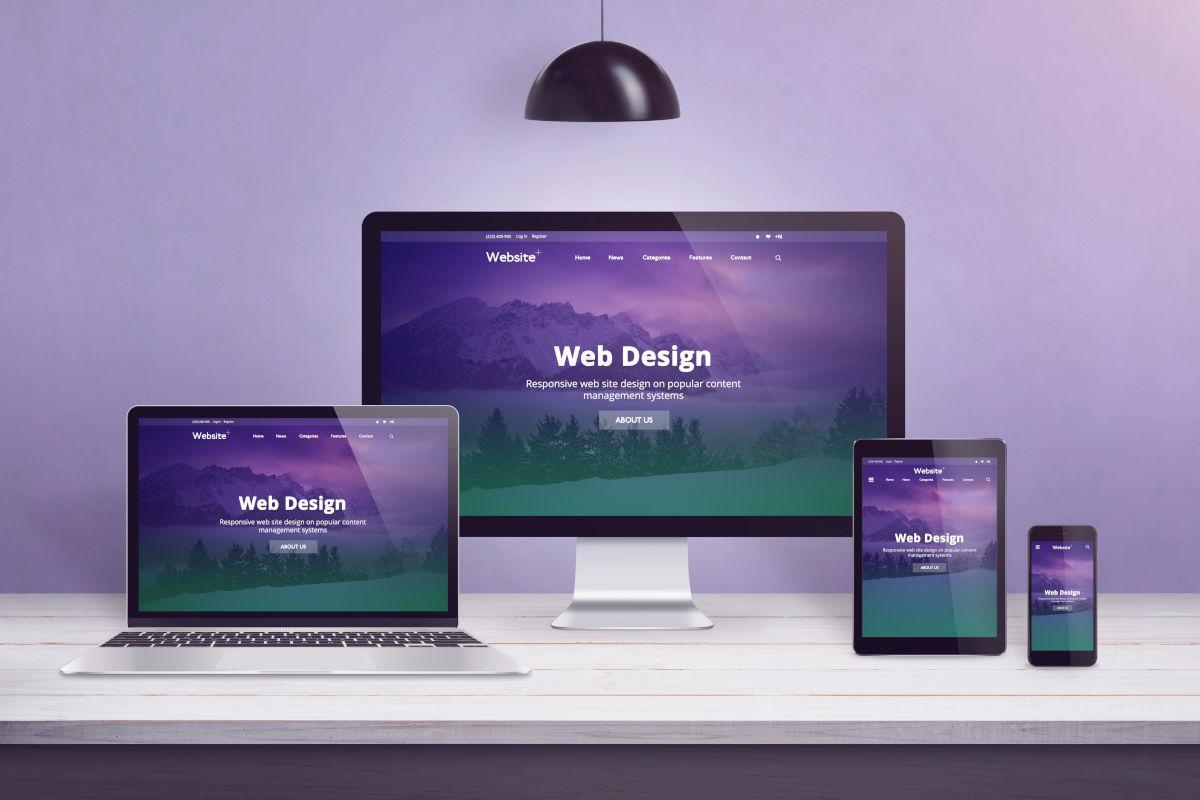Custom Website vs DIY Website Builders

Custom website vs. DIY website builders | Photo credit - Stanisic Vladimir
Published on: (Updated on: )
Benefits of a Custom Website vs. DIY Website Builders
1. Introduction
Think of a website like a shop window for your business. It's super important because it's often the first impression people get of what you're offering. Now, when it comes to creating this website, there's a bit of a debate: Should you build a custom site from scratch or use a DIY website builder that makes things simple and straightforward? We're here to dive into the perks of both options.
2. Custom Website: Tailored Just for You
A custom website is essentially your digital tailor. It starts with a blank canvas and builds into a site that fits your business like a glove, mirroring your brand’s heart and soul in every pixel.
Why go custom?
- You're in the driver's seat: Every part of your site, from the color scheme to the site map, is yours to decide. This control extends to functionality too; if you can dream it, a developer can likely build it.
- Room to grow: Consider a custom site as scalable real estate in the digital world. As your business evolves, your site can flex and expand, incorporating new features and functionalities with ease.
- Be unmistakably you: In a sea of online sameness, a custom site acts as your unique signal flare. It’s the digital embodiment of what makes your business special, helping you stand out.
- Adaptability: A custom site moves with the times. As new web technologies emerge or as user behavior shifts, your site can adapt quickly, keeping you ahead of the curve.
Picture businesses whose websites blow you away with seamless experiences tailored to user needs. These bespoke digital landscapes serve not just as websites, but as profound statements of brand identity and technological ambition.
Opting for a custom website isn't just choosing a platform; it's investing in a digital cornerstone that grows dynamically with your business, continually enchanting your audience and refining their online journey with your brand. It's about ensuring that the first point of online contact becomes a striking extension of what you stand for, capturing your business's essence in every interaction.